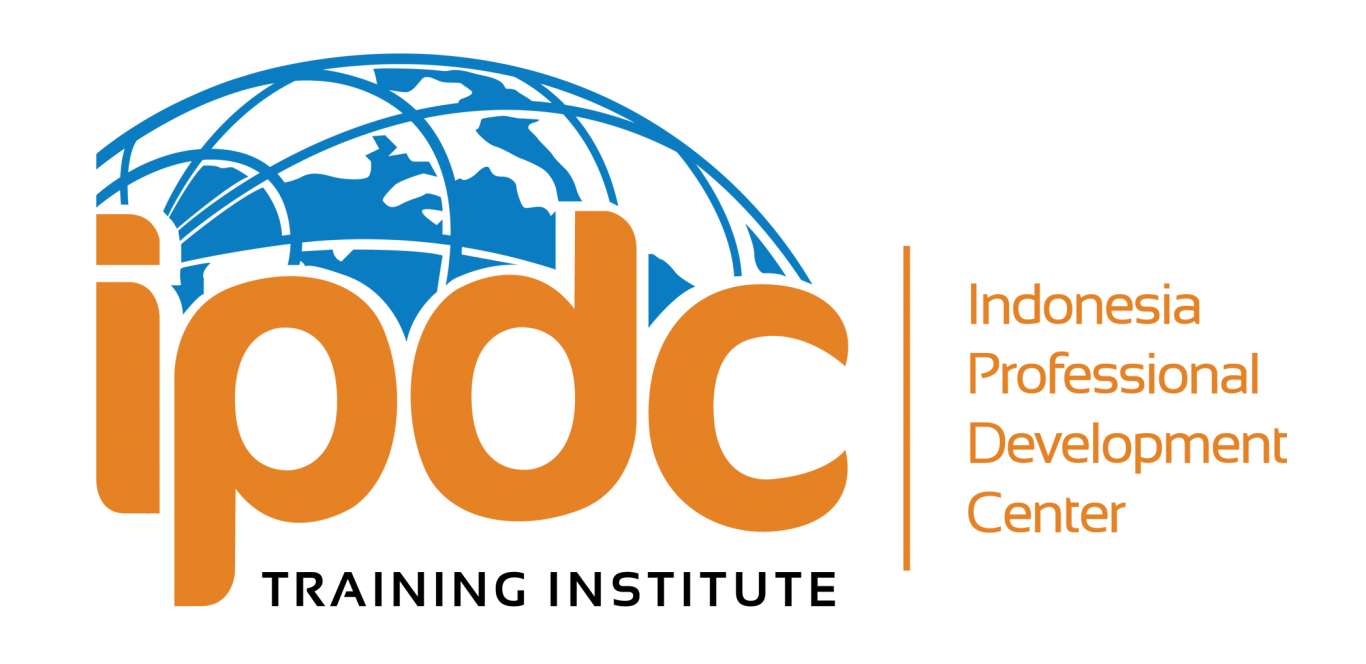Our Upcoming Trainings


Thu, Oct 24
|Indonesia
Sustainable Supply Chain Management
This course has a unique focus on sustainability and ethical trading. We’ll help you become a professional capable of making decisions that consider the full range of economic, social, and environmental impacts of supply chains.
Time & Location
Oct 24, 2024, 8:00 AM – Oct 25, 2024, 5:00 PM
Indonesia
About The Training
OVERVIEW
Supply chain managers are at the cutting edge of innovation, employing the latest technologies including artificial intelligence, blockchain, big data analytics, and automation to deliver their products and services effectively and efficiently.
The underside of such innovation is not nearly as progressive. Fierce competition within supply chains means that prices are driven down through outsourcing and subcontracting. In this race to the bottom, sustainability and ethics are often afterthoughts.
This course has a unique focus on sustainability and ethical trading. We’ll help you become a professional capable of making decisions that consider the full range of economic, social, and environmental impacts of supply chains. Our experts will draw on academic and consultancy expertise to prepare you for global career opportunities, introducing you to all aspects of supply chain management, including procurement, supply, and distribution of products. They’ll use internationally recognized research to give you a critical insight into cross-cutting…



















